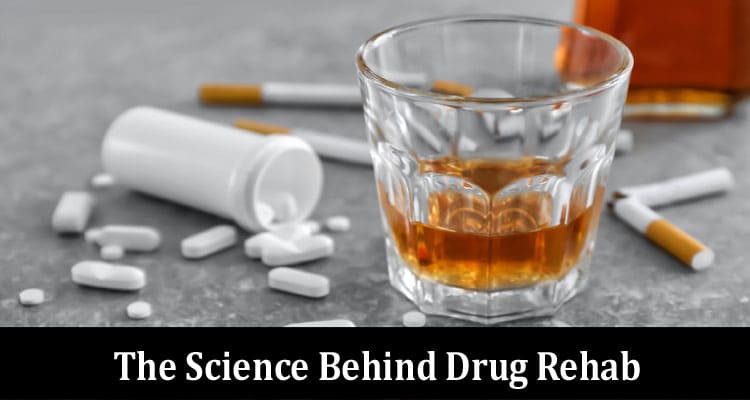Science serves as a crucial basis for professionals to address drug addiction and execute effective rehabilitation. When they approach substance dependency, drug withdrawal, and treatment programs with a multifaceted comprehension of the mechanisms behind rehabilitation, they can influence more positive and permanent changes in their patients.
The Science that Drives Drug Addiction
Medical professionals often refer to drug addiction as a substance use disorder. This term is an acknowledgment of the prominent status of drug addiction as a serious illness. Addiction affects your behavior and robs you of the ability to control your impulses.
The first drug use, such as alcohol, is usually voluntary. Of course, prescription drug use is initially mandatory. Regardless, the repeated use of certain drugs leads to structural changes in your brain.
Once you become addicted, neurologic alterations challenge your self-control and make you unable to resist the urge to take prescription medications, illicit drugs, or alcohol. Specifically, addiction reflects a disruption of your chemical reward system on a cellular and hormonal level.
Three Stages of Addiction
Drug rehabilitation requires the recognition of the major phases of addiction.
- Dependence – the body needs the drug to achieve normal biological functions
- Tolerance – a person requires increasing doses of the respective drug to get the same effects as initially
- Withdrawal – symptoms, often severe that occur when the drug is suddenly discontinued
Causes of Addiction
Addiction is complex and still not fully understood. Some people can be more vulnerable to addiction than others from genetic or environmental factors. Sometimes, a combination of events will lead to an increased tendency to develop a dependency. Addiction is a chronic disease, and multiple approaches appear more effective for treating it than singular modes.
Science of Drug Withdrawal
Drug withdrawal is also called drug detox or substance withdrawal. It is characterized by symptoms that frequently arise when a person abruptly stops taking an addictive drug. Withdrawal is a crucial area of addiction that medical professionals must not overlook during rehabilitation efforts.
As alluded to earlier, when you are addicted to a drug, your body becomes physiologically dependent. When you stop taking the drug, your body malfunctions, and you exhibit signs accordingly.
Science Behind Drug Rehab Treatments
Drug rehabilitation, also known as drug rehab or drug treatment, is a type of treatment that helps people cope with their drug addictions. It can involve various methods, including counseling, medication, and support groups.
The following are some of the common drug rehab treatments:
- Detoxification is the process of ridding the body of drugs and alcohol. It can be done in a hospital or a residential treatment center.
- Counseling – This type of therapy helps people identify and address the underlying causes of their addiction.
- Medication – This is used to help people manage withdrawal symptoms and cravings.
- Support groups – These are groups of people who have experienced similar struggles with addiction. They can provide support and advice to help people stay sober.
A multifaceted approach is especially vital for an Opioid Addiction Treatment Center that faces substances with particularly high addiction and relapse rates.
How successful are drug rehabilitation treatments?
According to American Addiction Centers, a low percentage of people who require drug rehab receive treatment. Of those who undergo a program, about 40% to 60% relapse during treatment. This does not reflect negatively on drug rehab centers or processes but rather emphasizes the chronic nature of addiction and the importance of a varied and ongoing approach.
The rates of success for drug rehabilitation depend on several factors:
- The substance being treated – marijuana and alcohol show more positive results than most opioids, although alcohol dependence can be surprisingly resistant to treatment
- Multiple approaches – psychological treatment is as important as detoxification
- Outpatient vs. inpatient – while a few drug-addicted individuals respond to outpatient detox programs, inpatient programs are generally more effective and long-lasting
- Quality of care the facility provides – Understanding the drug rehab process involves analyzing the science of addiction, withdrawal, and effective treatment of substance dependency.
While drug rehabilitation treatment programs can be successful against addiction, they do not provide a guaranteed cure. Ongoing treatment is commonly warranted.


